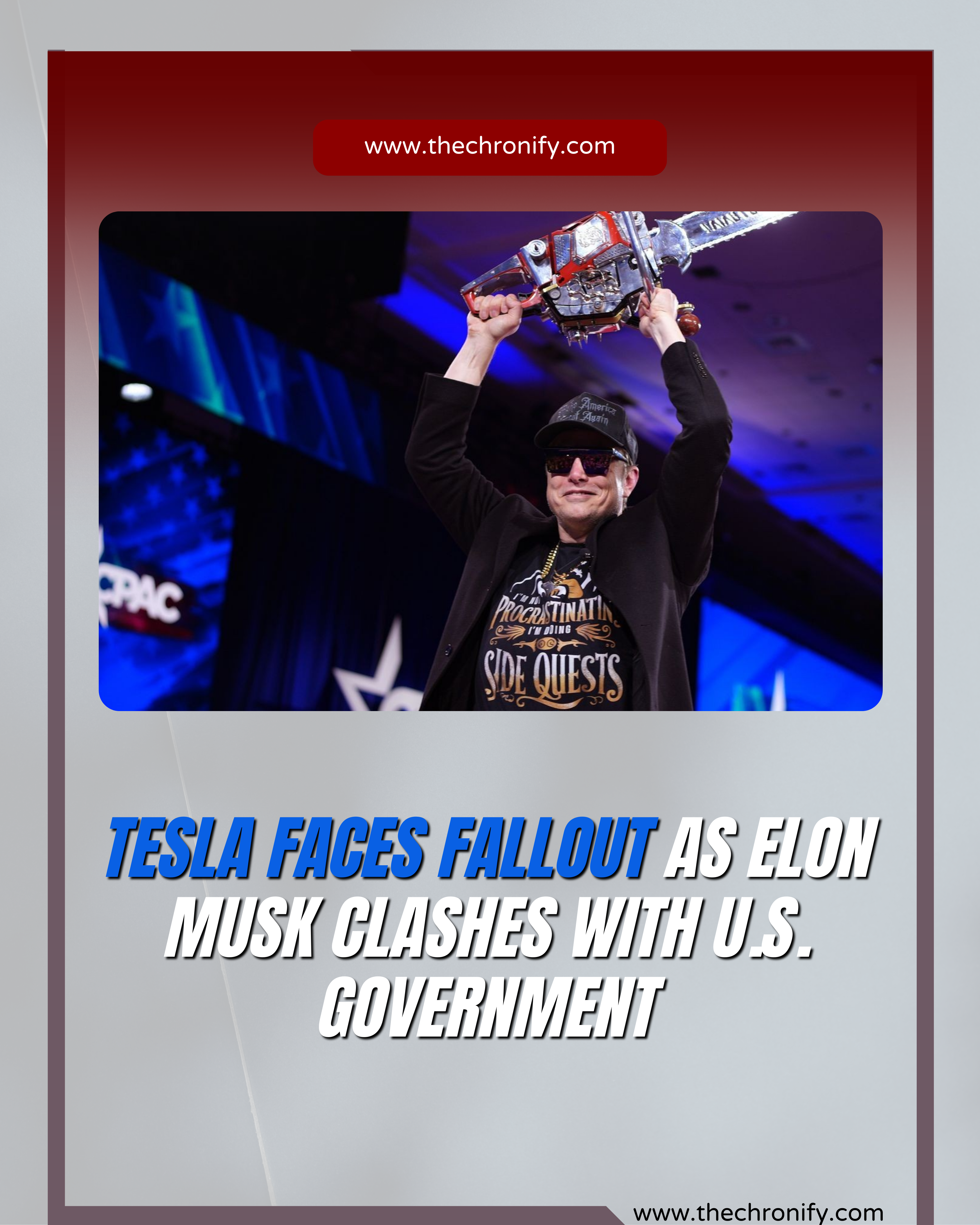Musk’s Federal Overhaul Sparks Confusion and Division in Washington
Billionaire entrepreneur Elon Musk has caused ripples throughout the U.S. government with a bold initiative aimed at increasing federal workforce accountability — but not everyone in the White House was prepared for it.
Last weekend, Musk issued a directive to federal employees via email, asking them to report on their weekly accomplishments. However, the abrupt move reportedly caught many senior officials off guard, including those closest to President Donald Trump, sources revealed. The White House was not fully briefed before the message went out, leading to widespread uncertainty across agencies.
The directive, later clarified as voluntary by the Office of Personnel Management, led some Cabinet members to advise their departments to delay responses until further instructions were issued. Internally, White House staff even considered sending out guidance exempting themselves from participation, citing protections under the Presidential Records Act.
Musk’s role as head of the newly created Department of Government Efficiency (DOGE) — part of Trump’s cost-cutting strategy in his second term — has become a source of internal tension. While some praise Musk’s fast-paced style as a long-overdue disruption, others are alarmed by the lack of coordination and the media-first approach to decision-making.
White House Press Secretary Karoline Leavitt downplayed concerns, stating that the President and Musk remain aligned in their mission to bring “common-sense reforms” to Washington. She noted that over a million federal workers had responded to Musk’s message and confirmed his attendance at Trump’s upcoming Cabinet meeting.
Despite this, some officials have privately expressed discomfort with Musk’s unilateral decisions and his rapid restructuring of federal operations — actions reportedly unknown to Trump’s senior team until after they made headlines or appeared in Musk’s social media posts.
Still, Musk maintains key support from high-ranking aides including Stephen and Katie Miller, both of whom are actively involved in DOGE operations. As a special government employee, Musk wields significant influence, especially given his high profile and ownership of the social media platform X.
Though some in Washington are uneasy with Musk’s influence, few are willing to challenge him directly due to his financial clout and expansive public reach. According to insiders, Musk contributed $270 million to support Trump’s re-election and is now leading federal efficiency reforms with a wide berth of authority.
There are mixed feelings in the White House about Musk’s continued presence — with some insiders eager for his departure once his government contract ends later this year. Still, others acknowledge that Musk’s efforts have brought urgency and visibility to long-standing bureaucratic challenges.
Musk, now working from the Eisenhower Executive Office Building instead of his initially requested West Wing office, has installed sleep pods for his staff and emphasized a work ethic familiar to those who follow his leadership at Tesla and SpaceX.
Despite the billions in federal contracts awarded to Musk’s companies — including $18 billion over the past decade — he has dismissed concerns about any conflict of interest, asserting that procurement processes remain independent from his federal duties.

